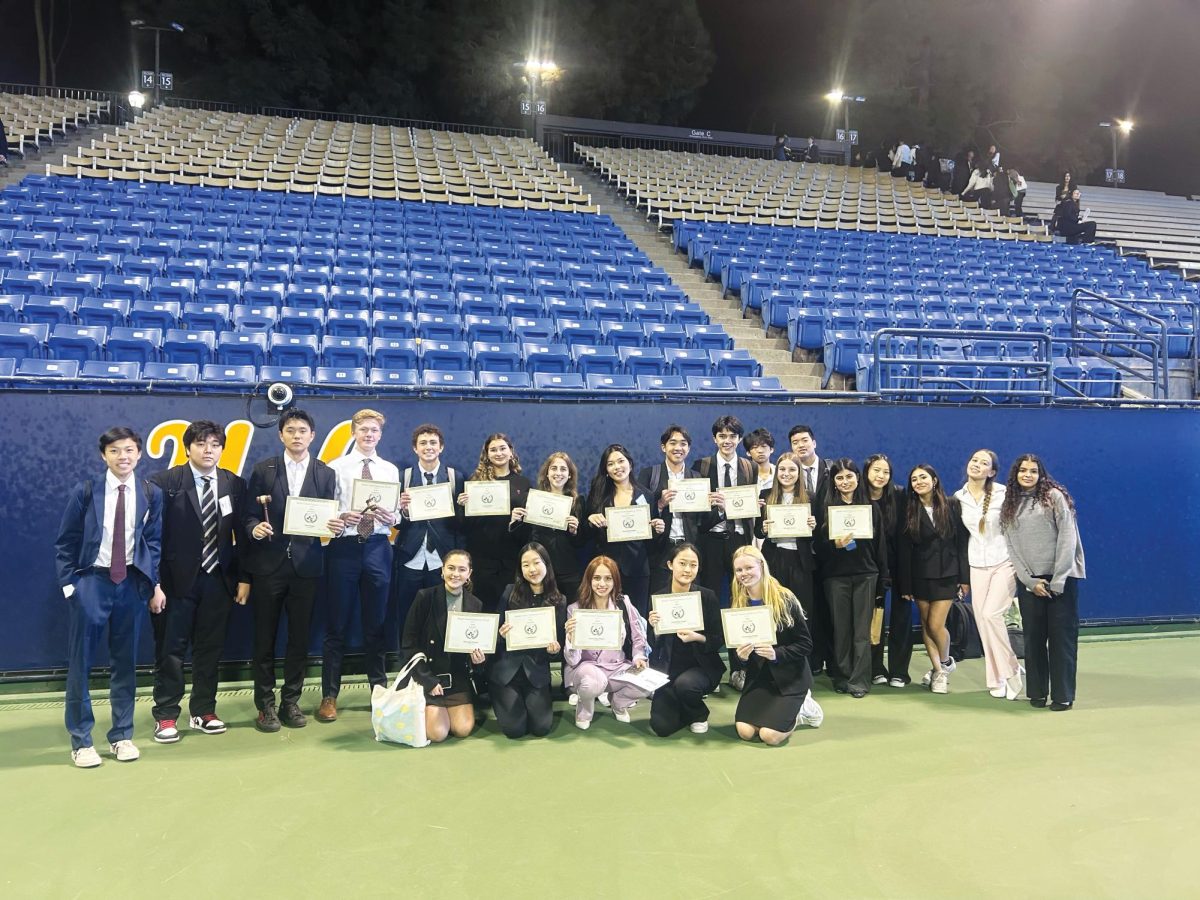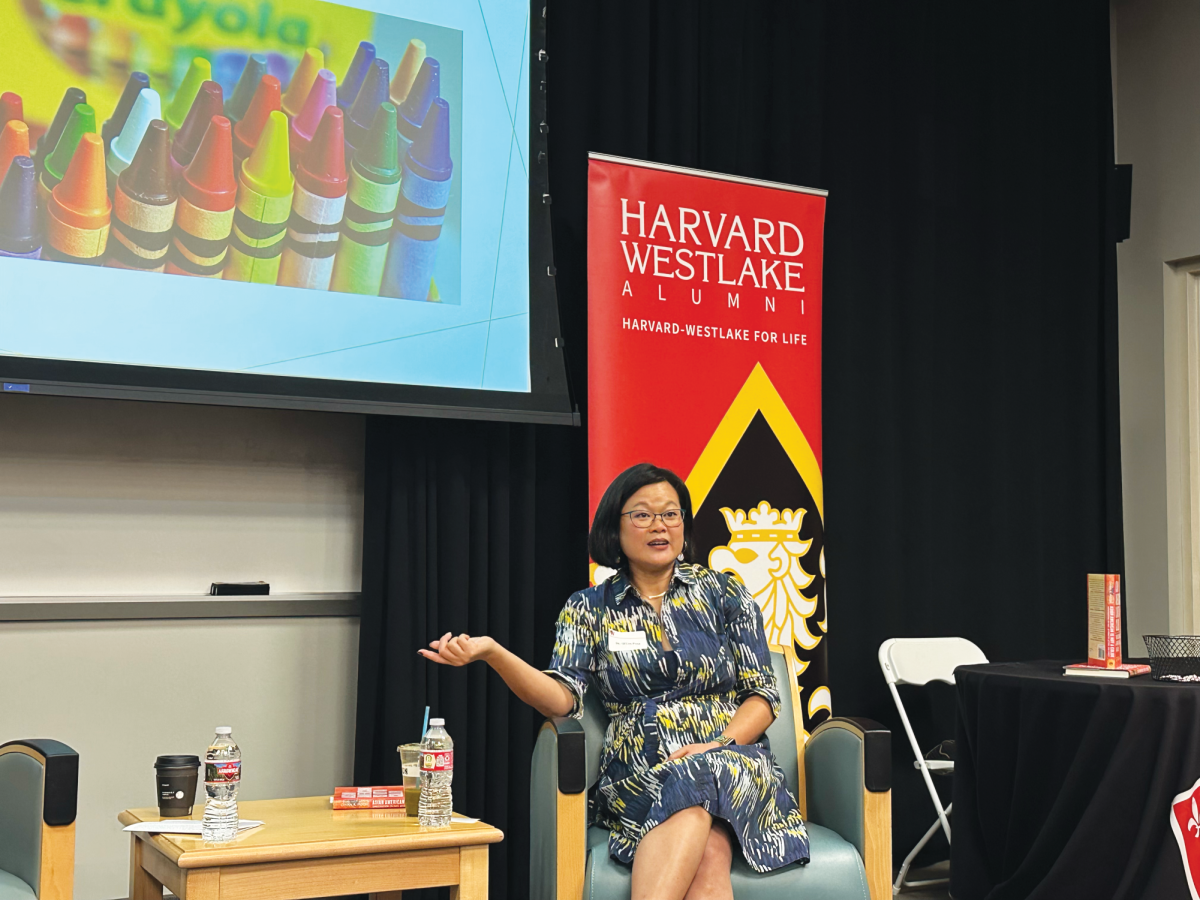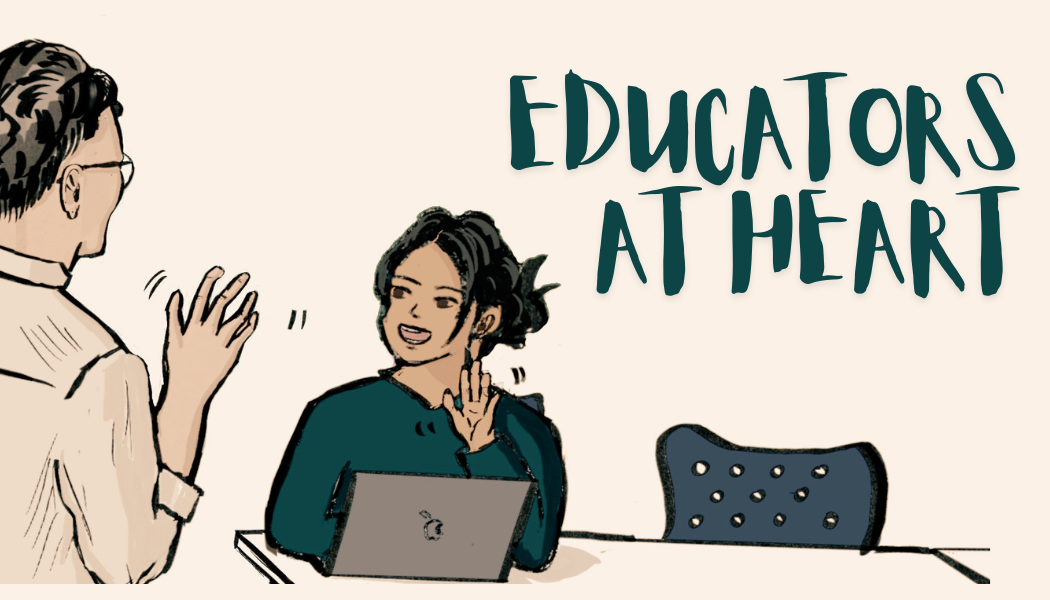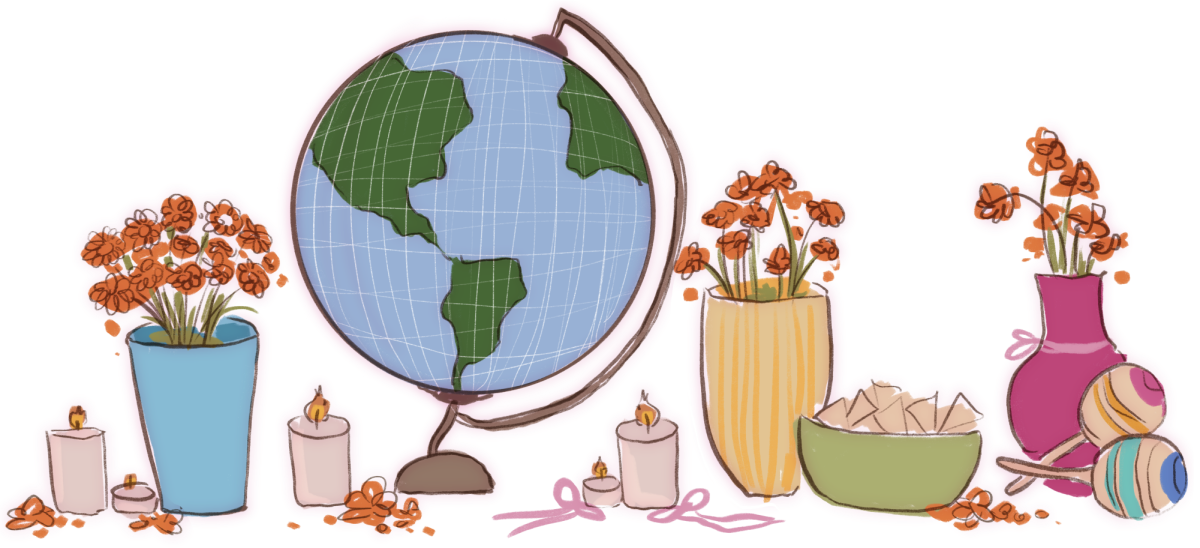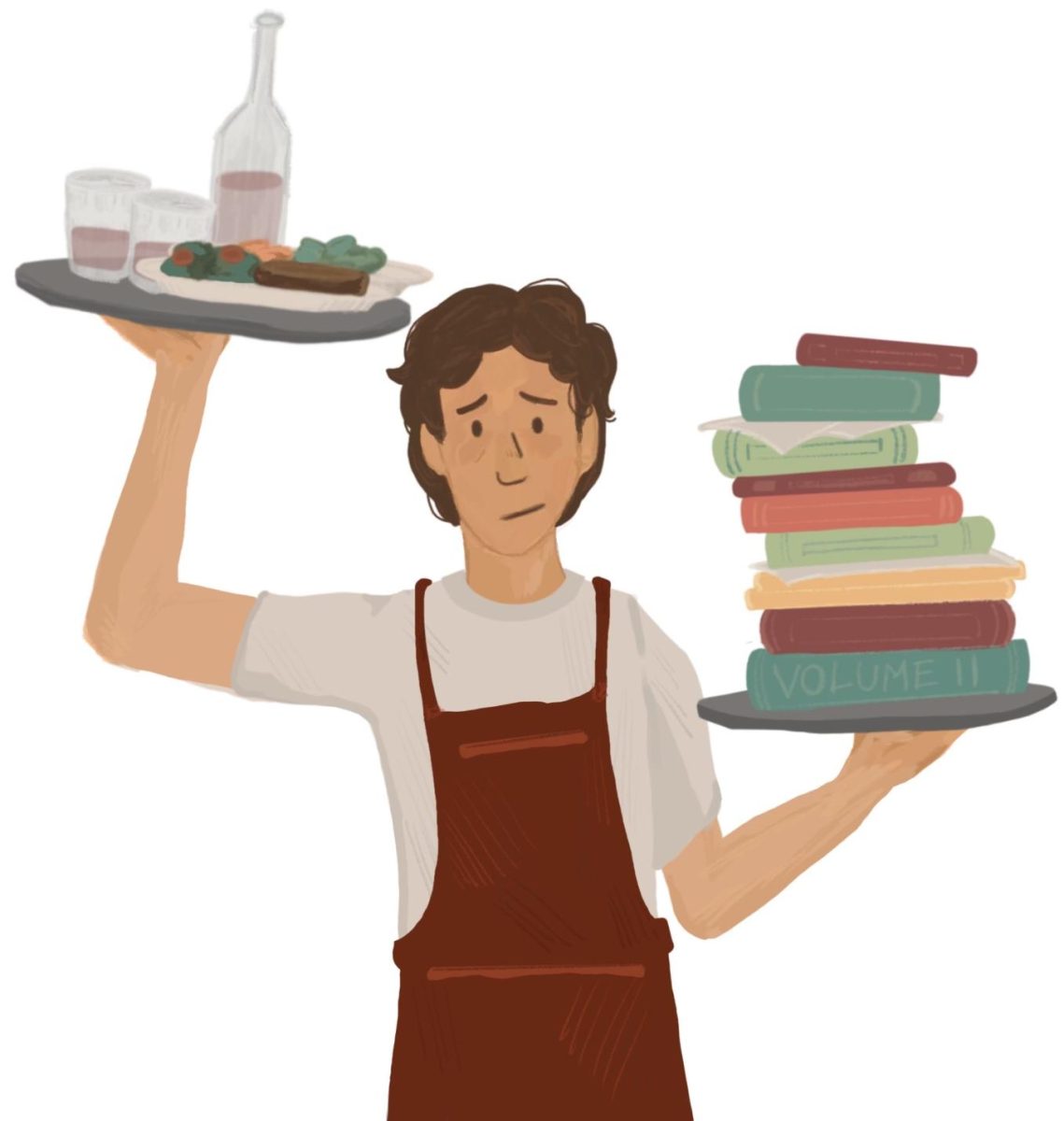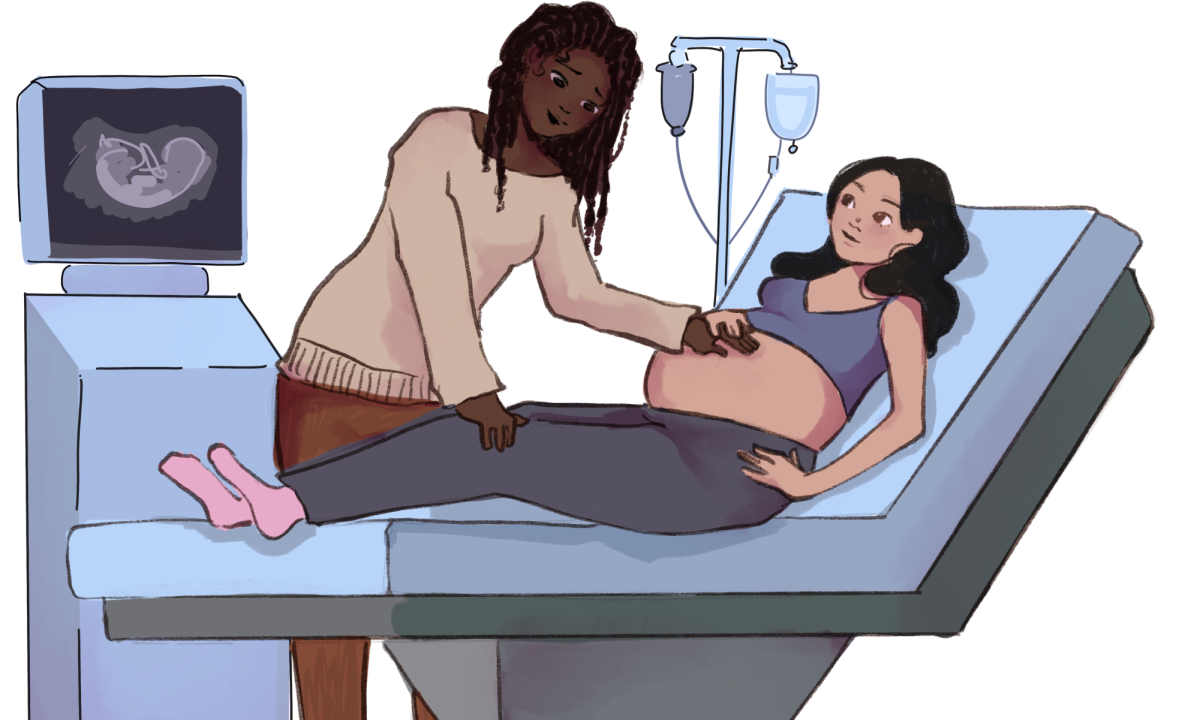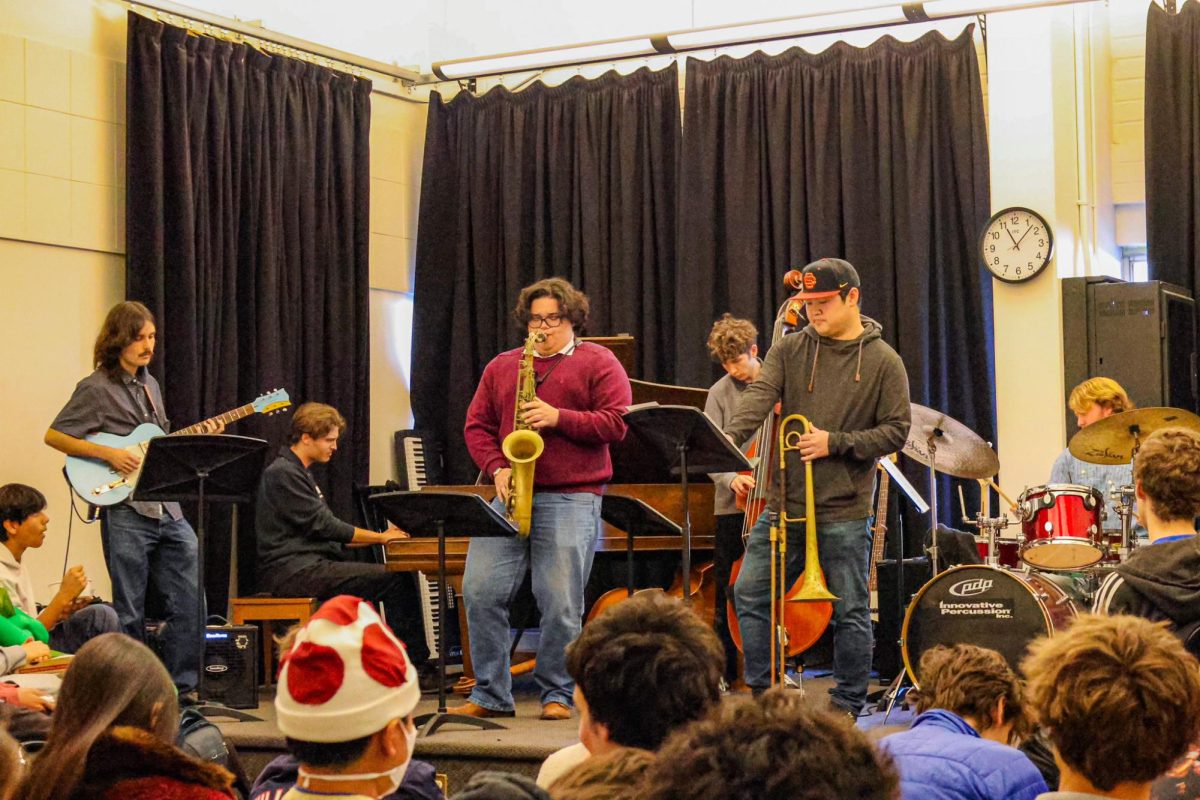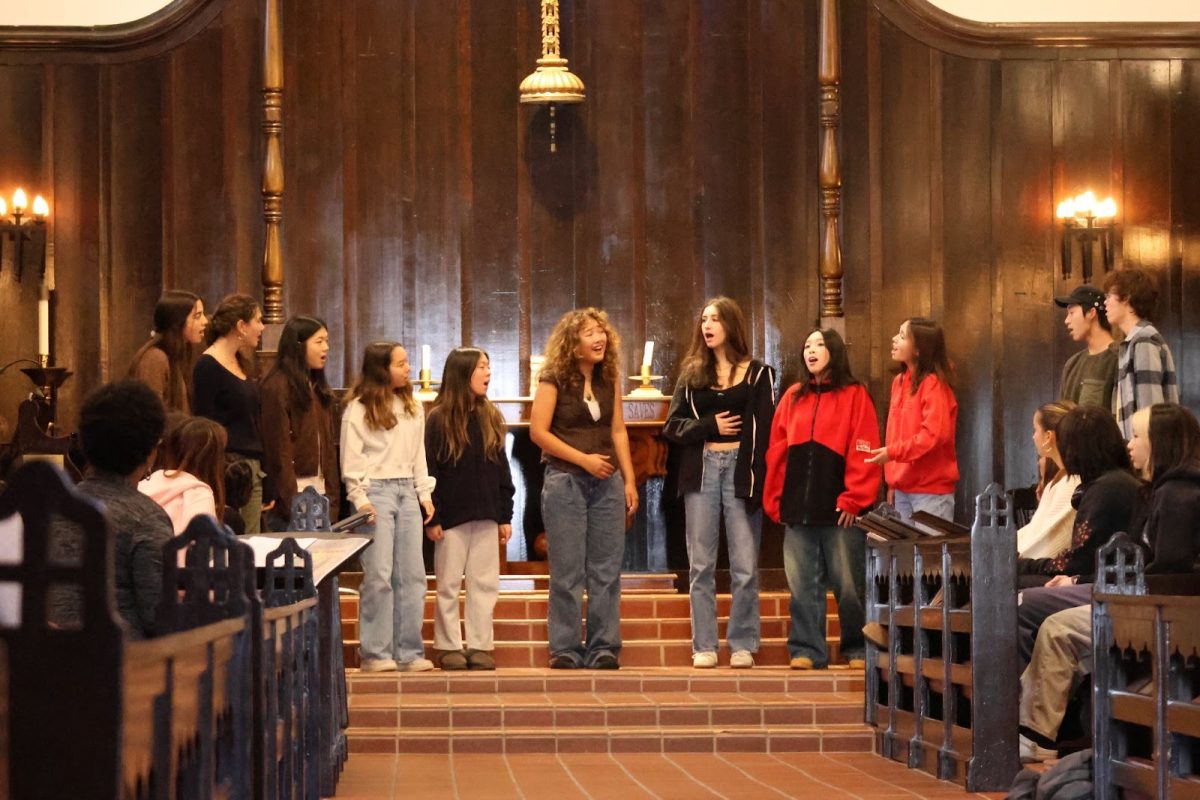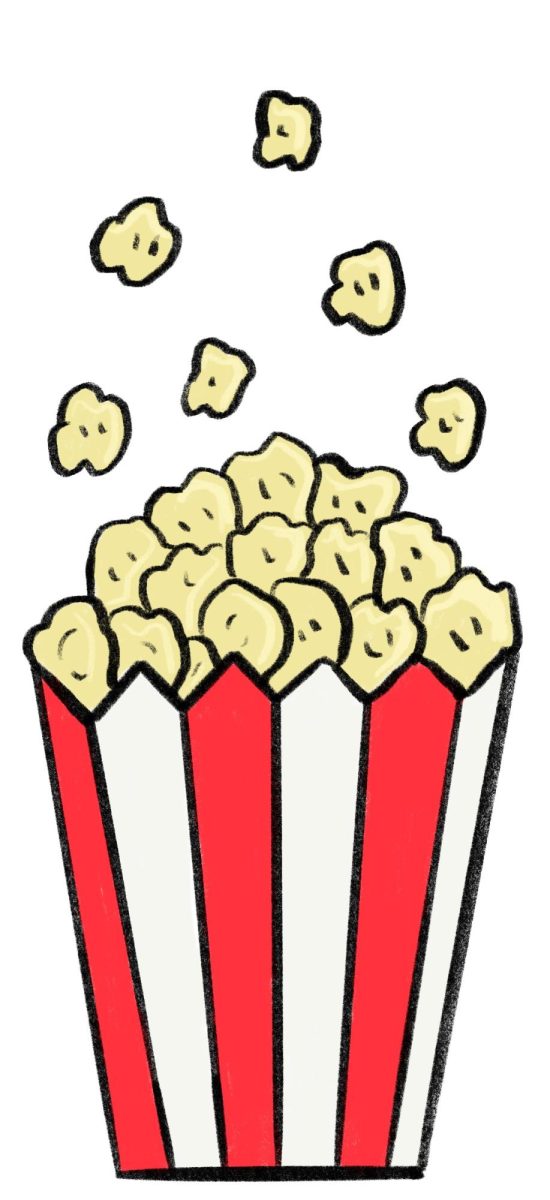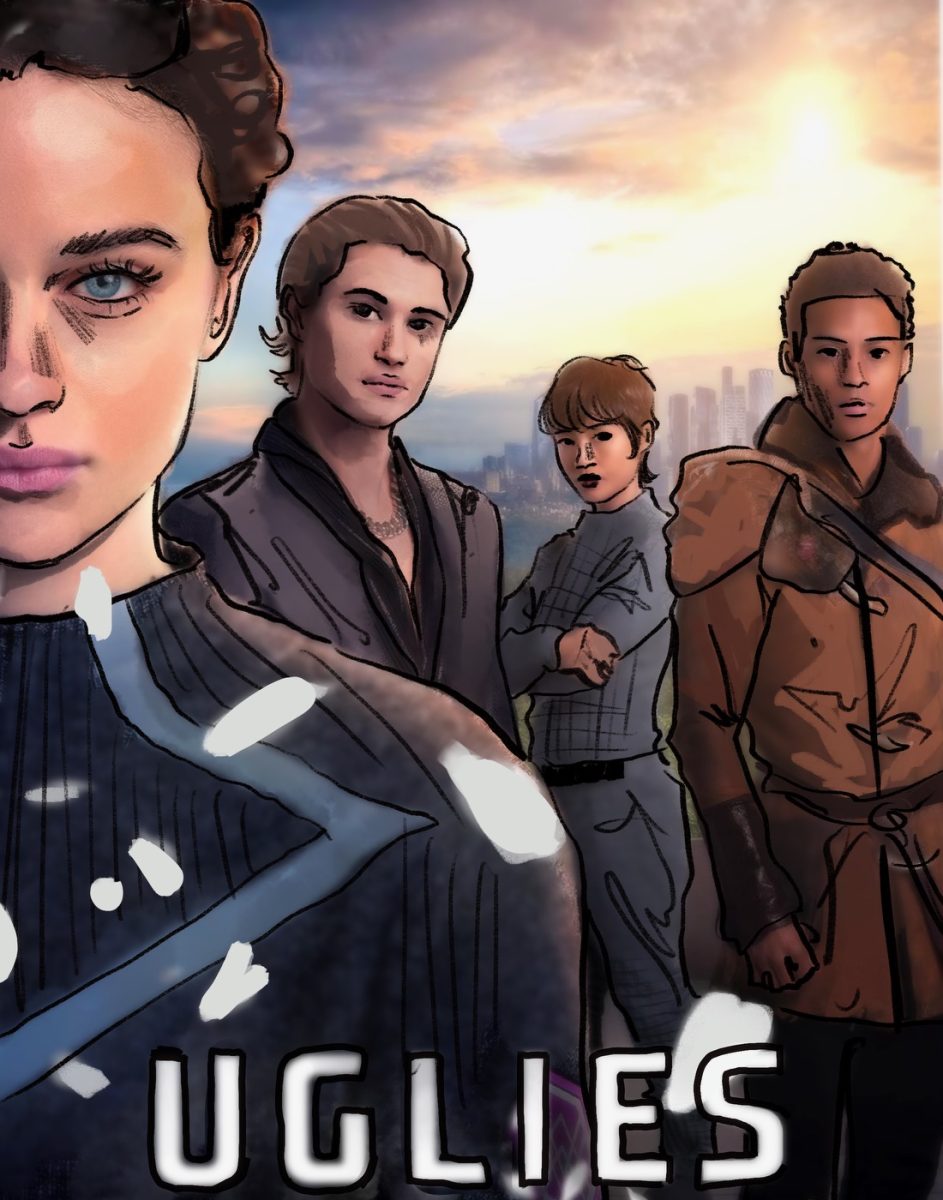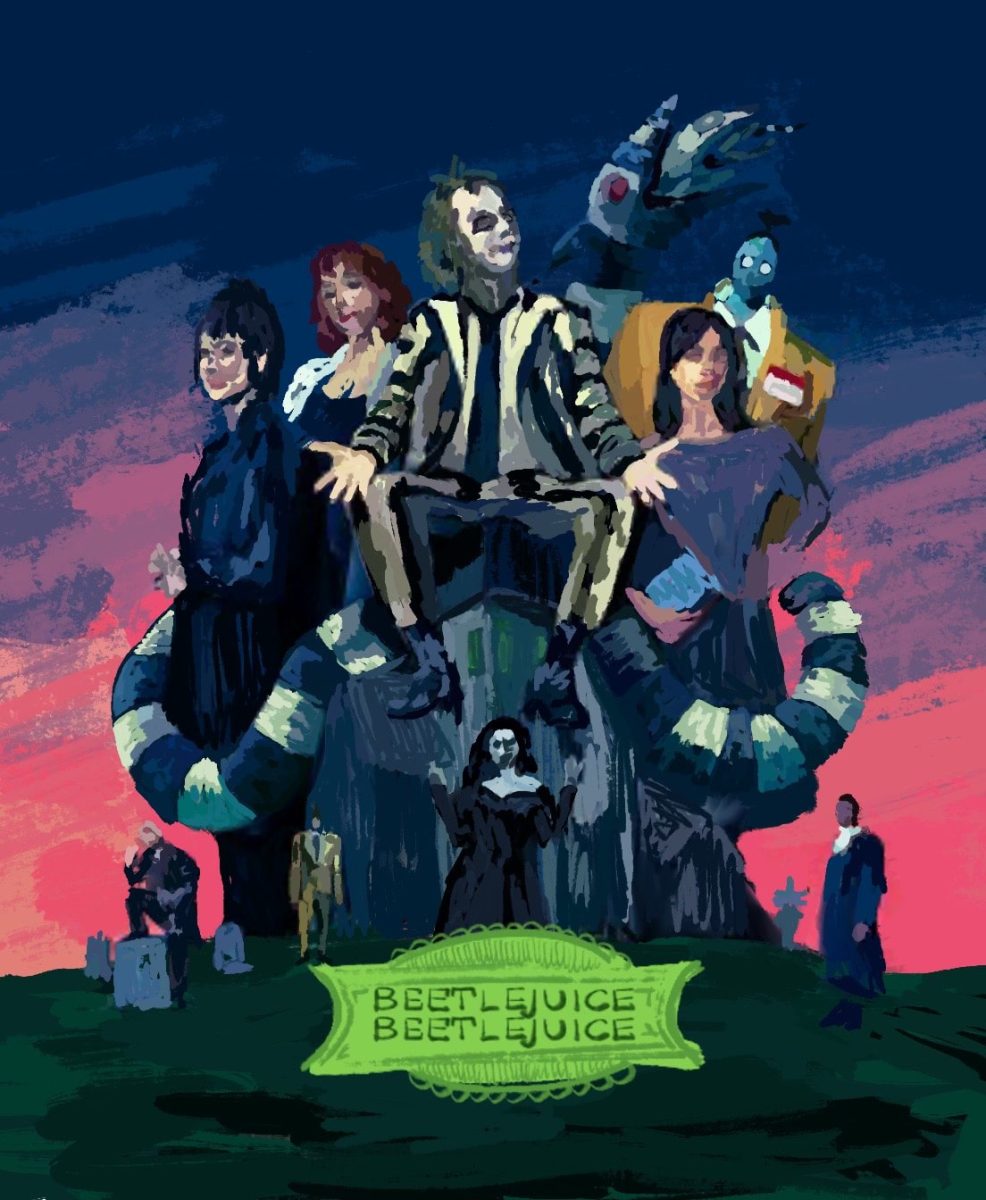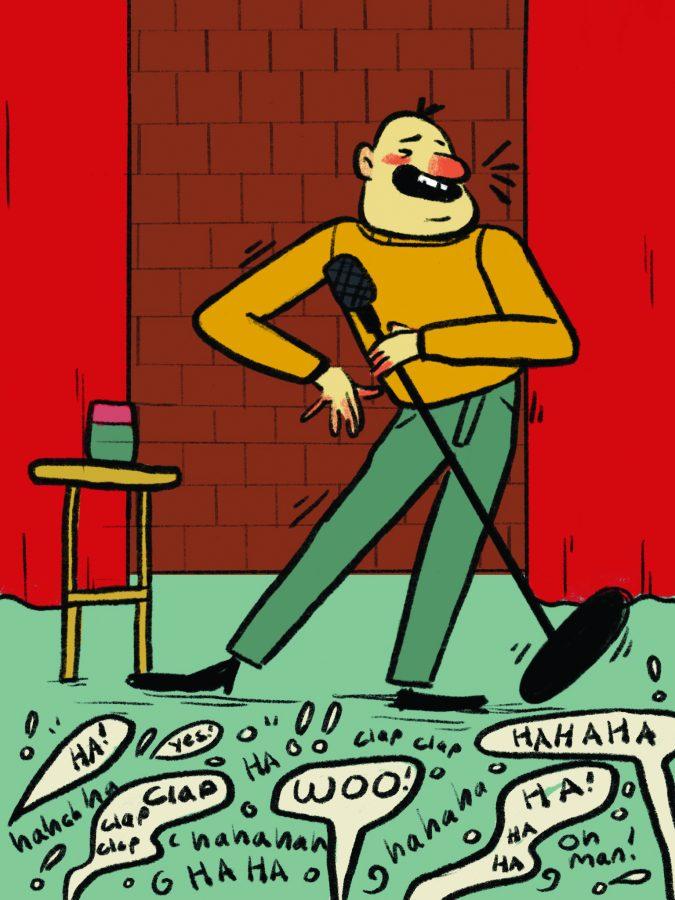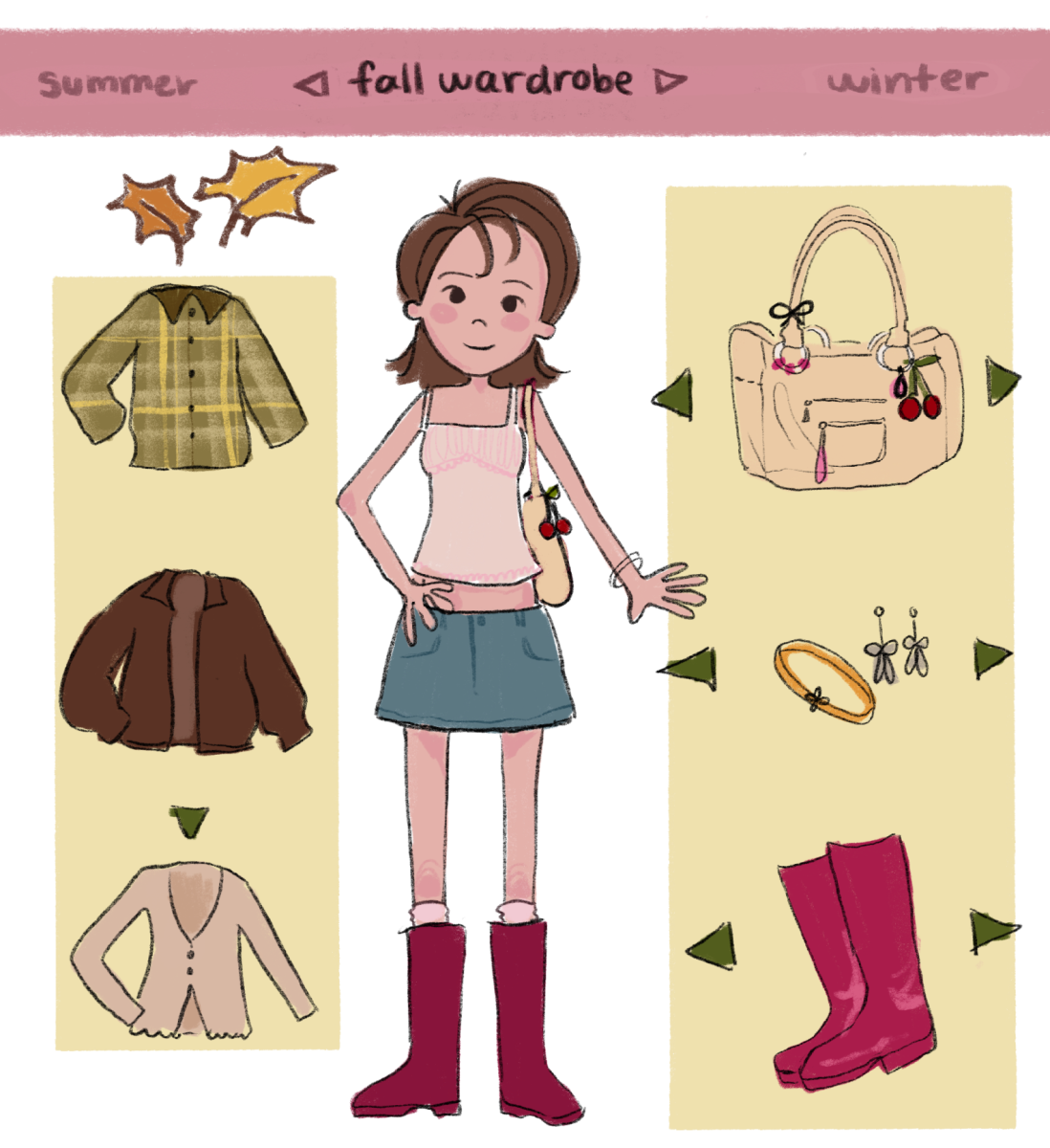When Dahlia Low ’20 began sharing stories at her cousin’s bat mitzvah in front of her friends and family, she was met with the last response she expected: roaring laughter. Ever since, Low’s family has encouraged her to pursue her passion for comedy.
“It wasn’t on purpose either,” Low said. “I just started talking, and then I accidentally became a comedian. I love to make other people laugh, and when they started to engage with the stories and the material, I just kept going.”
Though she is unsure if she wants to be a professional comedian, Low said she is interested in working in a field that deals with comedy and writing in the future.
“Ever since I was little, my go-to in any situation was to just think of the funniest thing I could do or say in that moment, and then do it,” Low said. “Realizing I could actually make money behind the scenes of television shows and movies by doing that same thing [in writing] was the best day of my life.”
Low recalled her inspiration for wanting to pursue comedy.
“It was Julia Louis-Dreyfus’ Mark Twain acceptance speech on hour four of my YouTube binge that really brought me that moment of clarity,” Low said. “[Louis-Dreyfus] told the audience that laughter truly is the best medicine. I don’t want to be a doctor, but I want to help people in that way, and comedy seems to be the best option for me to do that, the way that it was for [Louis-Dreyfus] Not that I’m Julia Louis-Dreyfus; she’s so good. I’m not that good.”
In a Chronicle poll of 283 students, 20 percent of respondents said that they have considered or are interested in pursuing comedy as a profession.
“While comedy can be considered an unconventional profession, comedy is so healing that even if you can’t reach a large number of people, making people laugh in any shape or form is positive for the world,” Low said. “Also, I can always become a Supreme Court Justice. That’s my back-up plan.”
Abe Kaye ’20 said he began practicing comedy for the first time when he joined the school’s improvisation group, Scene Monkeys, this year.
“[Being in Scene Monkeys] has given me confidence and guidance on what comedy really is, and it’s always exhilarating when you are making stuff up on the spot and have no idea what will happen next,” Kaye said. “It’s embarrassing and disappointing when you say something stupid, but so rewarding when you are working with others and just making people laugh.”
To entertain others, however, comedians do not necessarily need to use offensive or controversial jokes, Low said.
“I think that it is important to be respectful with comedy,” Low said. “The best comedians don’t have to disrespect in order to get a laugh.”
Michael Lehrhoff ’20, who performed stand-up at the February Coffeehouse, said that though he used to believe there was a line people shouldn’t cross when making jokes about controversial topics, his perspective has recently shifted.
“There’s no doubt that some topics are riskier than others, but the respect that you give to them can transform [depending on] how an audience perceives a joke,” Lehrhoff said.
As the political climate has become more polarized, it has influenced the issues that mainstream comedy addresses, Low said. A study published in the Journal of Communication, conducted by Ohio State University communications professor Silvia Knobloch-Westerwick and graduate student Simon Lavis suggested that political satire can serve as a gateway into more serious topics for people who are not as engaged in politics.
“Comedy is a great tool for communicating ideas that would otherwise be difficult to get across without seeming aggressive or confrontational,” Low said. “It’s a great way to diffuse the tensions of the current political climate.”
Indu Pandey ’18, who used to write political satire, said she believes that being aware of her surroundings was the first step to getting involved with satire.
“[Writing satire] was a fun and empowering experience for me,” Padney said. “I think the treatment I received as a result was more a product of my identity rather than being a satire writer. Satire can be a powerful way to express an alternate perspective on culture, world events and more. It all starts with being informed about the world. I think the comedy flows naturally from there.”
Though Kaye said he does not want to give up on comedy and dreams of working for variety show “Saturday Night Live,” he plans to pursue other passions at the same time.
“A career in comedy is terrifying since it’s so difficult to get a steady job with it,” Kaye said. “I do not think being a lawyer or doctor is any less scary. For me, I would rather pursue something I love [that is scary] than feel safe in a job that gives me money and security. Risky boy.”
Performing arts teacher and Scene Monkeys advisor Michele Spears said she encourages students to pursue comedy, despite the field being an unconventional profession.
“Like anything, if you have a passion for it, if it speaks to you, if you feel you have something to say through it, then go for it,” Spears said. “It’s not easy and at some point you have to make that decision if you are pursuing any of the arts. A plus B will not equal C in these professions, and there’s no guarantee, but if that doesn’t scare you off, then go for it.”

